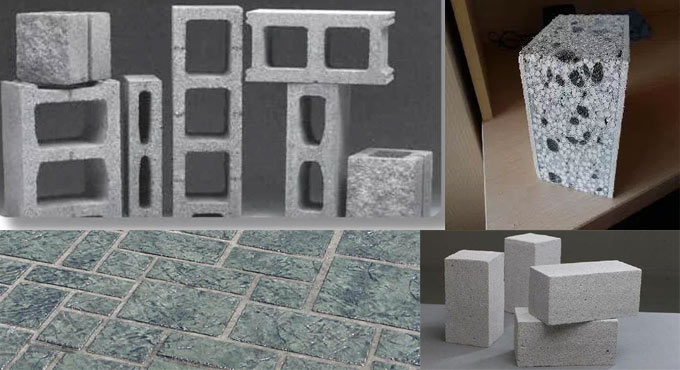
Benefits and uses of Light Weight Concrete
Usually, the traditional concrete is made of a heavy material containing density about 2400kg/m3 and strong thermal conductivity. If, the ordinary concrete is used for building up the structure, it can increate the dead weight of the structure and as a result the structure turns out to be heavy. The cost of the structure is also increased significantly.
The light weight concrete is defined as the concrete whose density differs from 300 to 1800 kg/m3.The following methods are applied to build up light weight concrete:
1) By cellular construction.
2) By generating huge quantities of air
3) With the use of no fines concrete
4) With the use of light weight aggregates like expanded clay, shale and slate , fly ash, blast furnace slag etc.
Advantage: The light weight concrete is beneficial for the following reasons :-
a) Because of its low density , it can minimize dead load, enhances the advancement of building and reduces the handling cost.
b) The light weight concrete contains low thermal conductivity. Therefore, in severe atmospheric condition, the type of concrete is mostly recommended.
c) When light weight concrete is used, it provides an opening for industrial wastes like fly ash , slag etc, to get rid of the issue for disposal.
d) It has good resistance capacity against fire.
e) The process for slicing , cutting, drilling or nailing becomes easier for light weight product. It can simplify the construction and repair work.
Uses: Given below, various applications of light weight concrete :-
a) It is extensively utilized as insulator to exterior walls of different types of buildings.
b) It is suitable for erecting load bearing walls, filler wall and partition wall.
c) It is effective for producing pre-cast floor and roof panels and composite walls.
d)It can also be applied for building up in situ composite roof and floor slabs.


